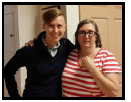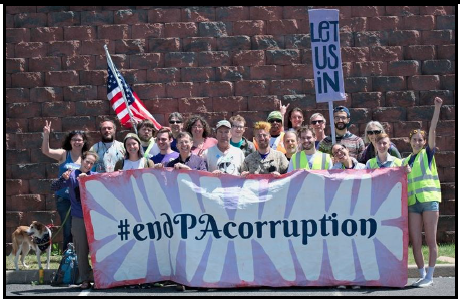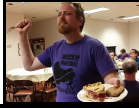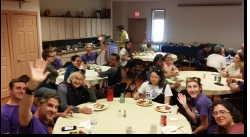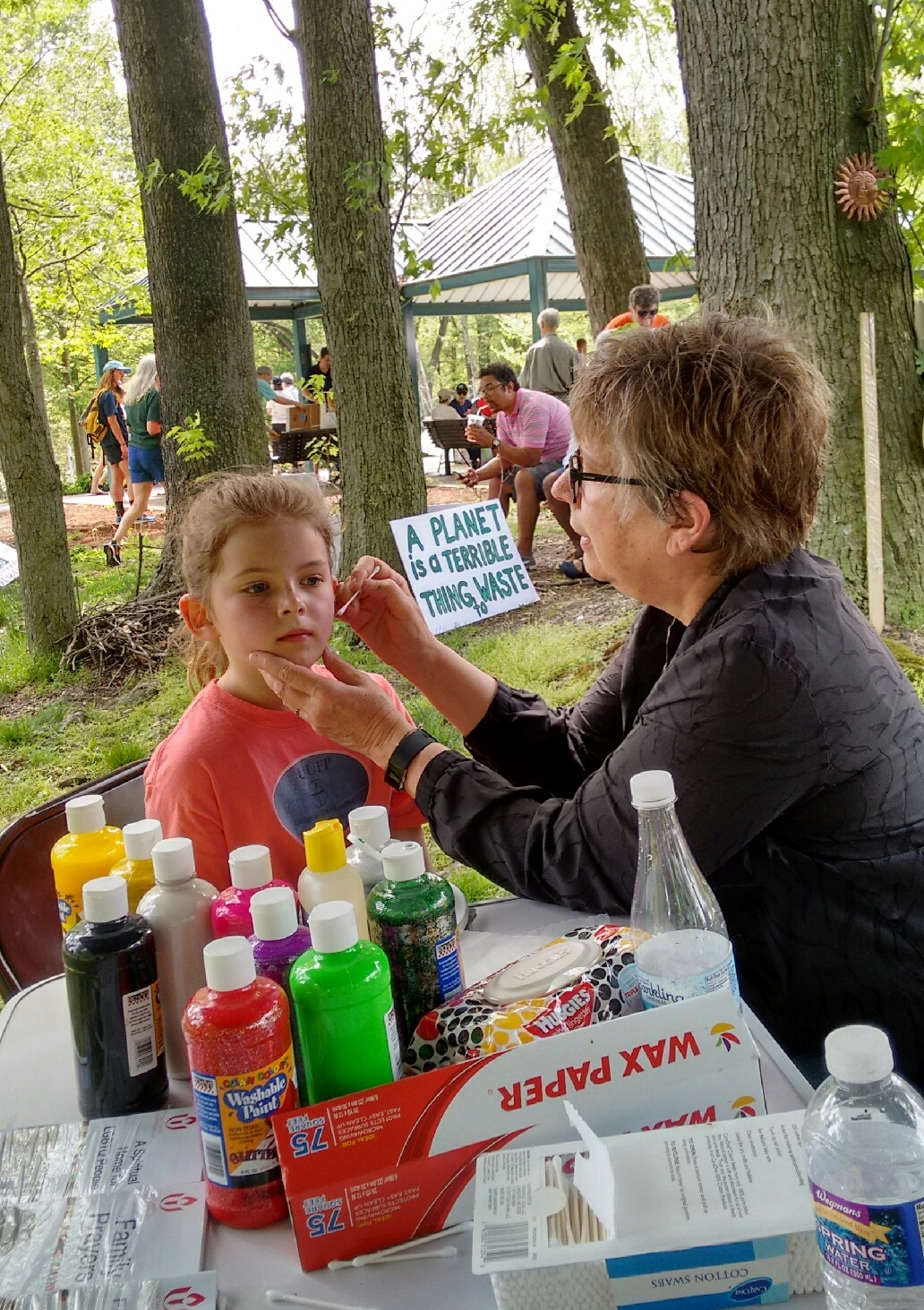UUA GENERAL ASSEMBLY 2017 LIVESTREAM AT UUFP
General Assembly (GA) is the annual meeting of our Unitarian Universalist Association (UUA). Attendees worship, witness, learn, and make policy for the Association through democratic process. Join UUFP Members and Friends to witness GA via Livestreaming!.
Thurs June 22 7pm – 10:30pm UUFP Library
Thursday Morning Worship ~ Business Meeting ~ Service of the Living Tradition
Fri June 23 7pm – 10:30pm UUFP Sanctuary
Friday Morning Worship ~ Business Meeting ~ Presidential Candidates Forum
Sat June 24 8:30pm – 9:30pm UUFP Sanctuary
UUA Annual Ware Lecture Bryan Stevenson
Bryan Stevenson is the founder and Executive Director of the Equal Justice Initiative in Montgomery, Alabama. Mr. Stevenson is a widely acclaimed public interest lawyer who has dedicated his career to helping the poor, the incarcerated and the condemned. Under his leadership, EJI has won major legal challenges eliminating excessive and unfair sentencing, exonerating innocent death row prisoners, confronting abuse of the incarcerated and the mentally ill and aiding children prosecuted as adults. Mr. Stevenson has successfully argued several cases in the United States Supreme Court and recently won an historic ruling in the U.S. Supreme Court banning mandatory life-without-parole sentences for all children 17 or younger are unconstitutional. EJI has also initiated major new anti-poverty and anti-discrimination efforts challenging the legacy of racial inequality in America. Mr. Stevenson’s work fighting poverty and challenging racial discrimination in the criminal justice system has won him numerous awards including the ABA Wisdom Award for Public Service, the MacArthur Foundation Fellowship Award Prize, the Olaf Palme International Prize, the ACLU National Medal Of Liberty, the National Public Interest Lawyer of the Year Award, the Gruber Prize for International Justice and the Ford Foundation Visionaries Award. In 2015, he was named to the Time 100 recognizing the world’s most influential people. Recently, he was named in Fortune’s 2016 World’s Greatest Leaders list. He is a graduate of the Harvard Law School and the Harvard School of Government, has been awarded 26 honorary doctorate degrees and is also a Professor of Law at the New York University School of Law. He is the recent author of the critically acclaimed New York Times bestseller, Just Mercy, which was named by Time Magazine as one of the 10 best books of nonfiction for 2014 and has been awarded several honors including the Carnegie Medal by the American Library Association for the best nonfiction book of 2014 and a 2015 NAACP Image Award.
Sun June 25 12pm – 5pm UUFP Sanctuary
Morning Worship ~ Final Business Meeting ~ Closing Ceremony
UUFP: Nurturing Spiritual Journeys ~ Embracing Diversity ~ Celebrating Community ~ Turning Values into Action.

